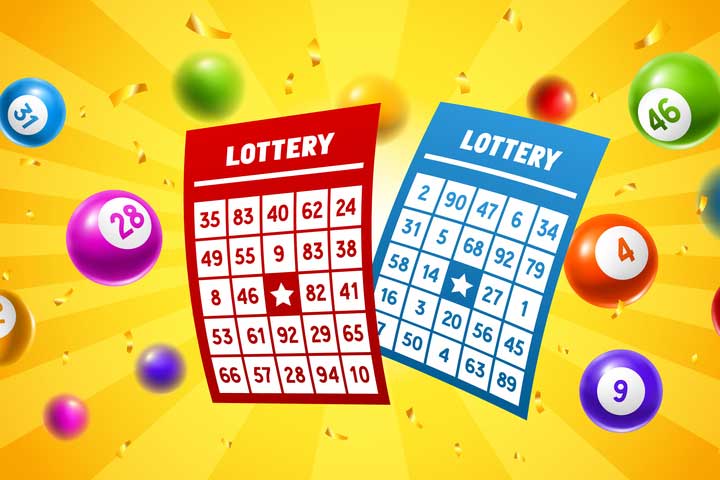
When it comes to the world of gaming and gambling, the lottery stands alone with its unique blend of suspense, chance and life-changing outcomes. Often regarded as a harmless form of entertainment, the lottery, its history, potential rewards, and implications are far-ranging, attracting millions worldwide.
The advent of the lottery dates back to ancient times, where it was used in a completely different context. History suggests lotteries were utilized to make important decisions in society, including election of officials and distribution of land. This simple game of chance evolved into the modern หวย24 system – a hope-inducing diversion that intrigues people from every walk of life.
As a game of chance, the lottery is perhaps the most accessible of all. It requires no specific skills or understanding of complicated gaming rules. All one needs is a ticket that holds a unique combination of numbers. If luck sides with you, and your numbers align with those drawn randomly, then you stand a chance to walk away with phenomenal cash prizes and jackpots.
Despite the minimal stake to participate, winning the lottery is no small feat. The odds are mind-bogglingly small, often equivalent to the likelihood of being struck by lightning. Yet, the dreams of a better life, propelled by stories of lucky winners, feed the lottery’s popularity. After all, human nature often has us hoping for the improbable ‘big break’.
For some, the lottery is a harmless hobby; an exciting escape that provides a temporary thrill. To others, it is a dangerous bet, capable of driving them towards financial ruin and addiction. Critics often argue that lotteries prey on the less fortunate, exploiting their hopes and dreams for better opportunities.
Moreover, while many see the lottery as a game of luck, others view it as a game of statistics. Mathematicians and statisticians devote time and resources to compute probabilities, aiming to crack the code to a prospective fortune. Yet, the random nature of lottery draws makes certain outcomes just as likely as others, ultimately leaving winnings up to chance.
Regardless of the controversies surrounding it, the lottery is here to stay. It forms a significant part of the global economy, contributing vast sums to government revenues, not to mention, providing a tantalizing prospect for individuals dreaming of a better life. Though the odds might be slim, the allure of an instant transformation is a siren call few can resist.
In essence, the lottery, as simple as it may seem, is a reflection of many aspects of human nature; hope, greed, desperation, and chance. As it continues to be a part of our society, it will provoke discussions and debates, embodying the dilemma of whether it is just a game of chance or indeed a gamble of fate.